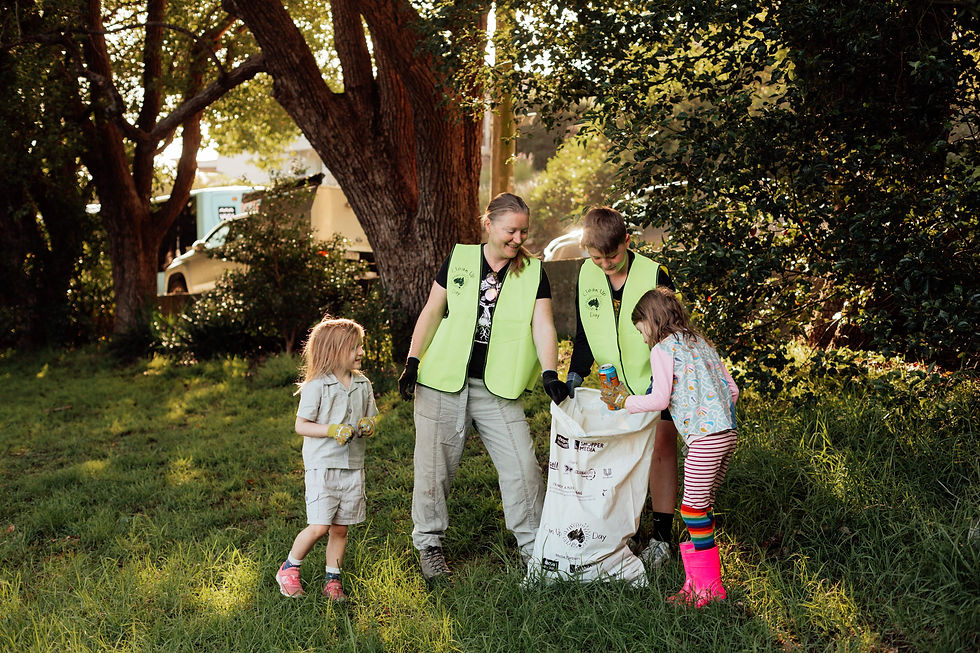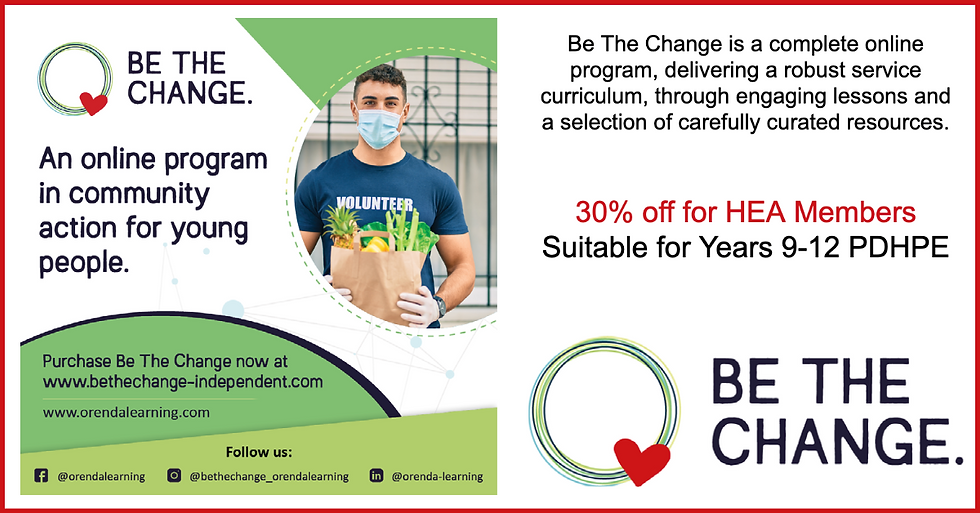The country’s largest community-based environmental event, Clean Up Australia Day (Sunday 6 March), has launched a nationwide “Citizen Science" project , to measure the extent of Australia’s face mask litter.
In 2020, more than three billion single-use masks were thrown out across the globe every day, contributing to a significant portion of pandemic-related litter entering the environment.

However, locally, the extent of this problem remains unclear. That’s why on Clean Up Australia Day volunteers will unmask the impact of the problem by tallying the number of face masks collected and removed from the environment.
Pip Kiernan, Chair of Clean Up Australia, says there’s no doubt the amount of plastic waste has been surging because of the pandemic. However, at present there is no data to confirm the number of face masks in our environment.
“We can’t cover up the problem – now is the time to act. Our environmental issues have not gone away because of COVID, rather, they have escalated because of the mountain of rubbish we’ve created,” said Ms Kiernan.
All registered volunteers for Clean Up Australia Day can join the Citizen Science project. Registration means participants are covered by Clean Up Australia's public liability insurance and all community and school groups receive free gloves and bags (businesses are asked to pay a small fee to cover costs).
Concerningly, plastics in disposable masks can take up to 450 years to break down and researchers have warned that littered single-use masks could be releasing chemical pollutants and nano-plastics into the environment. Over the past two years there have been disturbing cases of seabirds and wildlife found tangled up in carelessly discarded single-use face masks.

Ms Kiernan said “We implore you not to litter your mask.” She added that the next generation of PPE equipment needs to be designed to not only be safe but have the lowest environmental footprint possible.
“Urgency is required to be more creative in the design of these products with the environment right up there in our thinking. This concept of product stewardship – when we design a product and consider what happens to it at the end of its life - needs to be addressed at the outset. We need innovation in the design of PPE so that it’s as safe as it can be but kinder on the environment.”
Australians can register now at cleanup.org.au/citizenscience to get involved on Sunday 6 March. Participants will be provided with online access to record the number of masks they collect on a national database.
If you can’t join a Clean Up, Ms Kiernan urges Aussies to make a donation to Clean Up Australia. 100% of funds raised through donations are allocated to the provision of educational resources and clean up materials provided free of charge to community, school and youth groups across the nation, all year round.
To register or donate, please visit cleanup.org.au
Clean Up Australia Day – Sunday 6 March 2022
Schools Clean Up Day – Friday 4 March 2022
Business Clean Up Day – Tuesday 1 March 2022




Comments